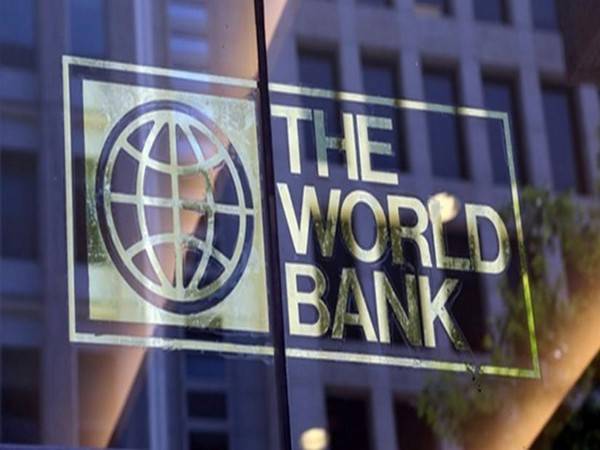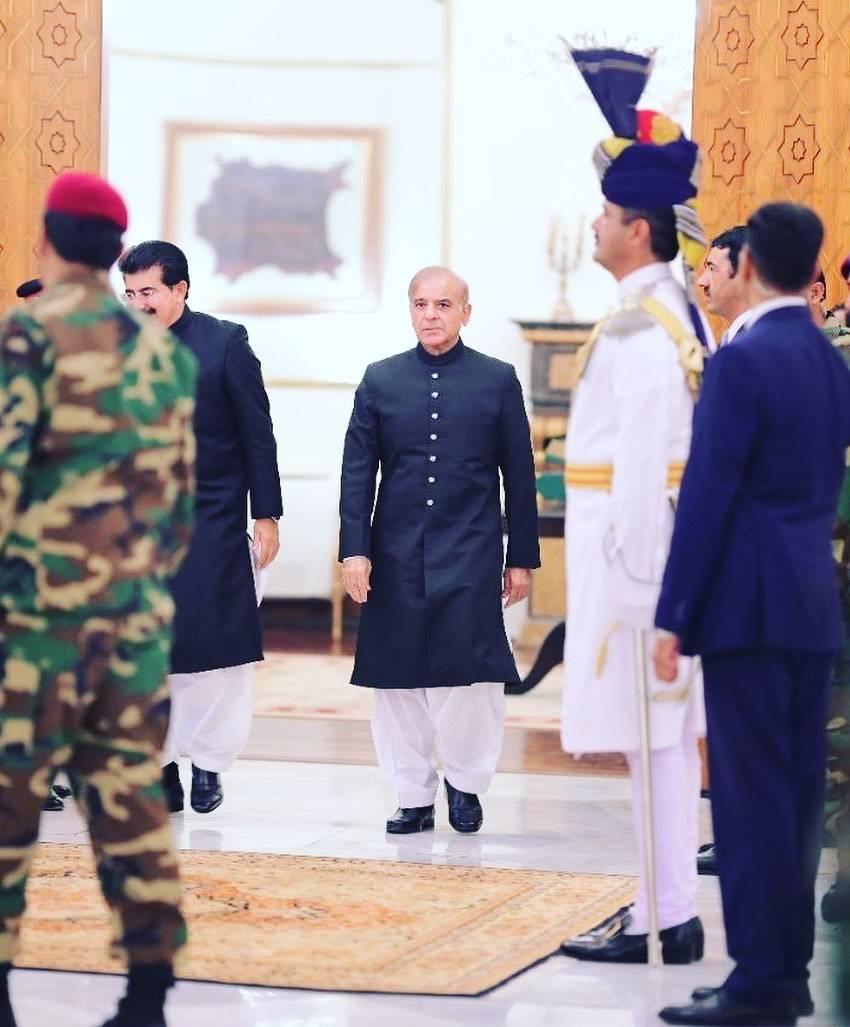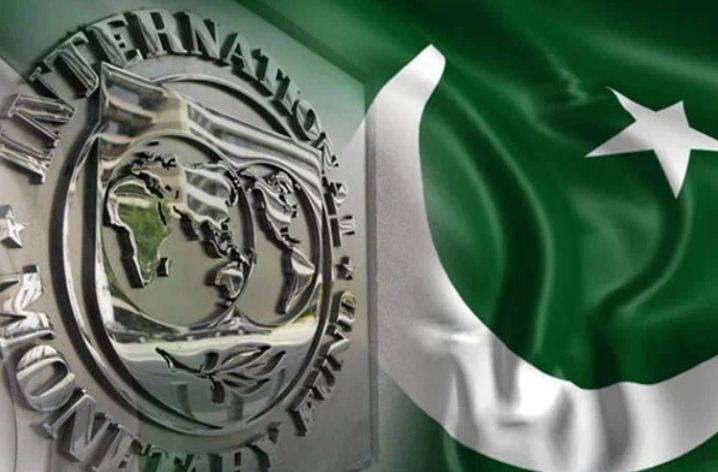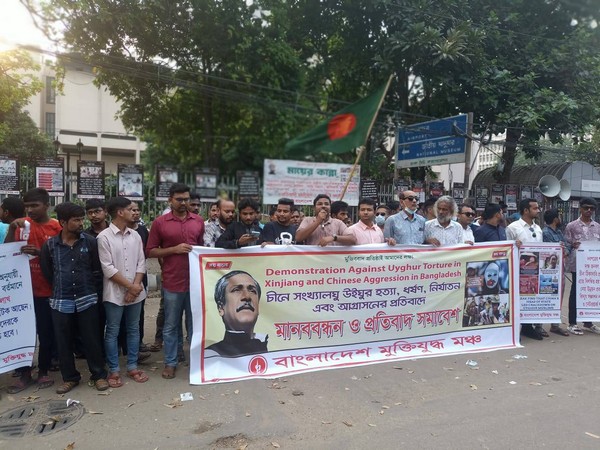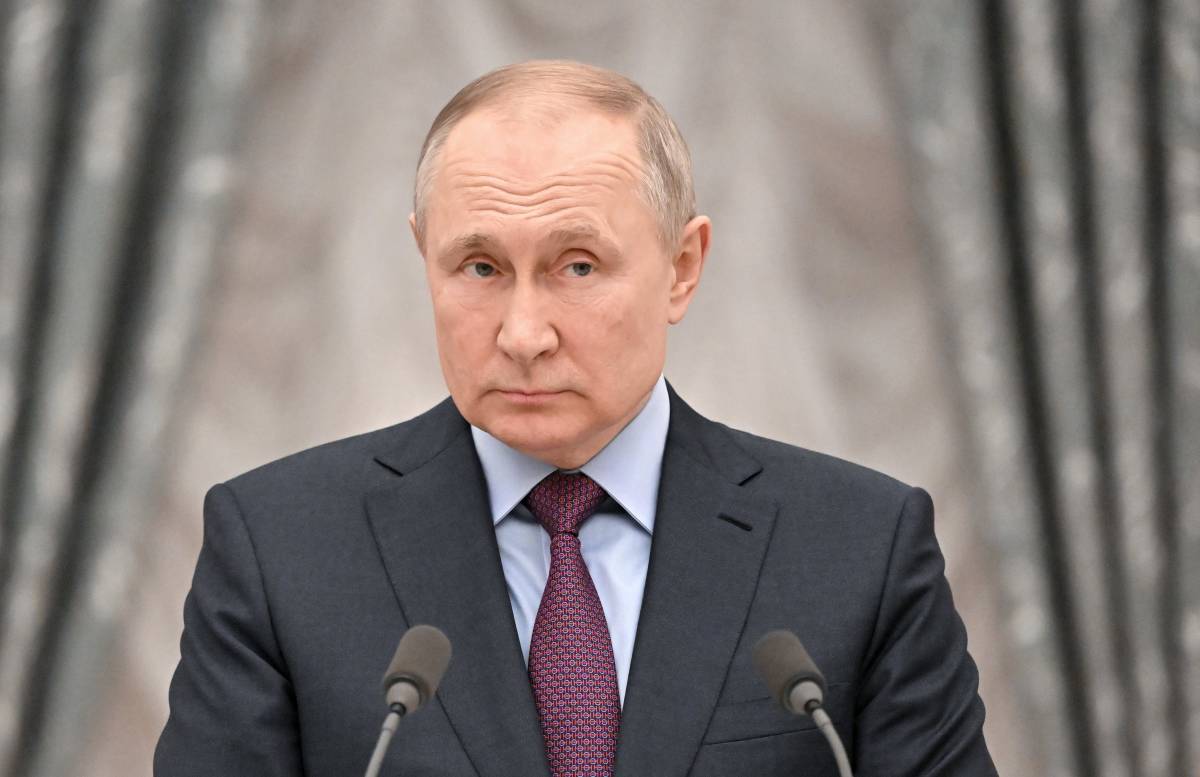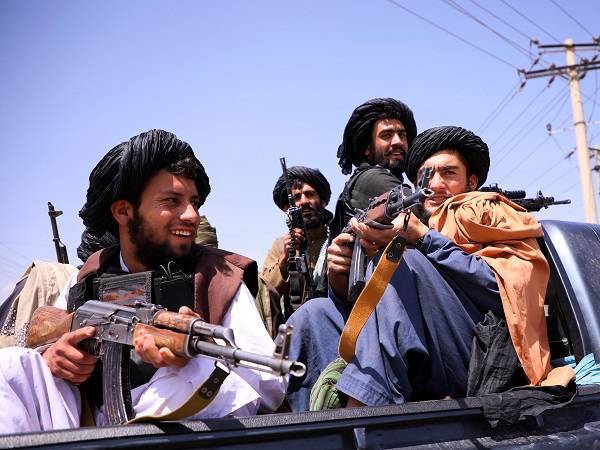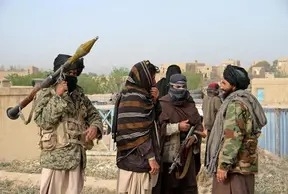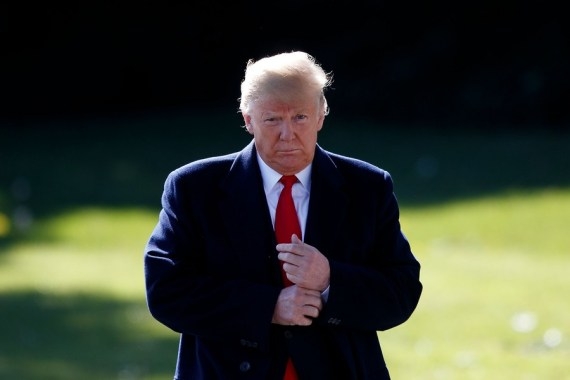The BBSS Welfare Association organised a bicycle rally in solidarity with the Muslim Uyghurs of Xinjiang, China….reports Asian Lite News
As the Chinese government is celebrating its 73rd ‘National Day’, protests erupted in Bangladesh against the persecution of Uyghur Muslims by the Chinese government, debt trapping Dhaka through various projects and ill-treatment of Bangladeshi workers who are working on different Chinese projects.
Bangladesh, a Muslim majority country, also shows its solidarity with the Uyghur Muslims of Xinjiang, local media reported.
This condemnation of the Chinese government at international platforms and in different countries via protests comes in the wake of a UN report highlighting “serious human rights abuses” — and potentially crimes against humanity — committed by the Chinese government in Xinjiang.
The report has bolstered international efforts to put pressure on Beijing to change its policies toward the region’s Muslim minority.
The BBSS Welfare Association organised a bicycle rally in solidarity with the Muslim Uyghurs of Xinjiang, China.
A bicycle rally and protest meeting were organized by BBSS Welfare Association. The rally started from Hatirjheel in Dhaka at 8 am and ended at United Hospital via Gulshan-2 at 10 am. Students of different schools and colleges, journalists, leaders and activists of political parties took part in the demonstration.
The protest meeting was presided over by the organisation’s founding chairman, Tawfiq Ahmed Tafsir. Journalists, prominent personalities and students attended the event.
While addressing the gathering, Tawfiq Ahmed said that Uyghur Muslims are killed and tortured daily but China continues celebrating their national day ignoring innocent voices.
Meanwhile, in Chittagong, Sacheton Nagarik Samaj organised a motorcycle rally. The rally started from the Kotwali area of Chittagong city at 9 am and after passing through Bouddha Mondir and the Andarkilla area, it ended at Kotwali, several media reports said.
About 150 protesters wearing Tee shirts and placards highlighting atrocities on Uyghur Muslims participated in the event.
The organization also organized a human chain and protest demonstrations in Narayanganj against Chinese atrocities on innocent Uyghur Muslims, Chinese efforts of debt trapping Bangladesh through various projects, and ill-treatment of Bangladeshi workers who are working on different Chinese projects.
In the protests, protesters were seen carrying banners and posters having slogans “Harassment of Bangladeshi workers in all Chinese projects must be stopped”, “All Bangladeshi labourers employed in Chinese projects must get their dues and appropriate salary” and “Stop torture of Bangladeshi workers by Chinese employers in Chinese projects”.
To mark the protest against Chinese atrocities on Uyghurs, Bangladesh Muktijuddha Mancha organized a human chain and protest demonstration in front of the National Museum, Shahbagh, Dhaka, according to local media.
Protesters highlighted through banners and posters, the help extended by China to Pakistan during the 1971 liberation war, which is still continuing. The Shahbagh area was a busy place, a good crowd assembled and supported/ participated in the demonstration.
In another event, Islamic Movement Bangladesh organised a seminar at Dhaka Reporters Unity at 10 am, against the persecution of Uyghur on the occasion of the 73rd National Day of China.
The discussion was presided over by Maulana Abu Zafar Kashmi, Chairman of Sammilita Islami Okhyajot. Speakers of the event condemned Chinese actions against minorities and their expansionist mindset.
Later, Muktijoddha Mancha submitted a memorandum to the Chinese President through China’s Embassy informing them about the human chain and protest rally. Bangladeshis took part in these demonstrations to show solidarity with Uyghur Muslims of Xinjiang province in China, understanding their plight.
Protests in Taipei
Human rights activists staged a protest against Chinese aggression outside Taiwan’s Legislative Yuan and urged the politicians to sign a petition safeguarding Taiwan’s democracy and not surrender in case the island nation is attacked, media reports said.
The protest was organized in Taipei on September 30, a day ahead of the National Day of the People’s Republic of China today. Among those who joined the protests were various human rights organizations including Tibet, Hong Kong, and Uyghur rights activists, reported Taipei Times.
According to Taiwan Association for Human Rights secretary-general Shih Yi-hsiang, the petition mainly comprises three calls to action — to safeguard human rights, defend Taiwan’s freedom and not surrender if attacked by China, and third to join forces to counter Chinese expansionism.
“Taiwan has continued to implement and uphold the values of human rights, in sharp contrast to what is happening in China. Defending human rights is also to defend Taiwan against Chinese military intimidation,” Shih said, reported Taipei Times.
“In Taiwan, we have a vibrant democracy and people can enjoy freedom. These are the strongest weapons against China’s threat of force,” he added.
Moreover, an activist for the rights of Tibet and Taiwan, Tashi Tsering said that China for decades are pushing Tibetans towards repression committing atrocities. “Although Beijing proclaims to the world that it protects the rights of ethnic minorities, the conditions in Tibet are terrible, as Chinese policies are focused on eradicating the Tibetan people’s culture, language and religion,” Tashi Tsering said.
Another activist Sky Fung said China is imposing increasing restrictions to phase out freedom and democracy in the territory. “We must stand up together to work with pro-democracy forces,” he said. “We still have a choice, we must say ‘no’ to Chinese dictatorship, we must choose to fight against China and to never surrender.”
“China has continued its military maneuvers to intimidate Taiwan, taking up devious means to curtail Taiwan’s participation on international forums. Its disinformation and political propaganda campaigns create division and social strife in Taiwan, aimed at pushing for political extremism and conflict,” the groups said in a joint statement, reported Taipei Times.
“China is providing financial support to their proxies to infiltrate all sectors of Taiwanese society to promote defeatist talk, for surrender to China,” it said.
“We must fight against such dissemination of Chinese propaganda and disinformation, and to stop any politicians from promoting surrender in the guise of ‘peaceful unification,’ and work to cut off Chinese money entering Taiwan to fund for activities by their proxies,” the statement added.
Tibetans protest in Delhi
Tibetan youths on Saturday protested outside the Chinese Embassy in New Delhi on the occasion of China’s National Day – October 1.
Tibetan Youth Congress staged a protest in front of the Chinese Embassy for their various demand including stopping the mass collection of DNA from Tibetans.
They demanded Tibet’s freedom and shouted slogans like – What we want – We want freedom, Stop human rights violation in Tibet, Free Tibet.
October 1st is generally celebrated as China’s National Day; a day filled with widespread celebration around the country based on the ideological preaching of Mao Zedong. Historically, on the 1st of October in 1949, China’s newly declared Premier, Mao Zedong hoisted the Chinese flag on Tiananmen Square and announced the birth of a new communist nation, The People’s Republic of China.
Soon after the declaration of China as a communist regime, on 2nd October 1949, the new government passed the resolution on the National day leading to October 1st of each year being celebrated as the country’s National Day.
Around the globe, Tiananmen Square, however, is not remembered for its celebratory statues and festivities of 1st October, but is rather synonymous with its horrendous massacre in China’s independent history.
The brutal massacre of protesters surely does not require any recounting, yet at the same time, it is an important reminder of what the Chinese Communist Party has come to be in these modern times. A totalitarian government riding on the repression of its own citizens and a hawkish nature with the world is what summarises the projection of China in front of the rest of the world.
One of the protestors demanding Tibet’s freedom, said, “We demand that Tibet be freed and the Government of India supports us with this demand. China needs to be stopped. Mass collection of DNA, killings must be halted.”
China’s oppression of Tibet is not hidden from anyone and the communist nation is now carrying out mass DNA testing to create a biological database of people to monitor them.
A recent report by Human Rights Watch mentioned that there is an arbitrary collection of DNA from residents in several towns and villages throughout Tibet and the so-called Tibetan Autonomous Region (TAR) in particular, reported Tibet Press. (ANI)




